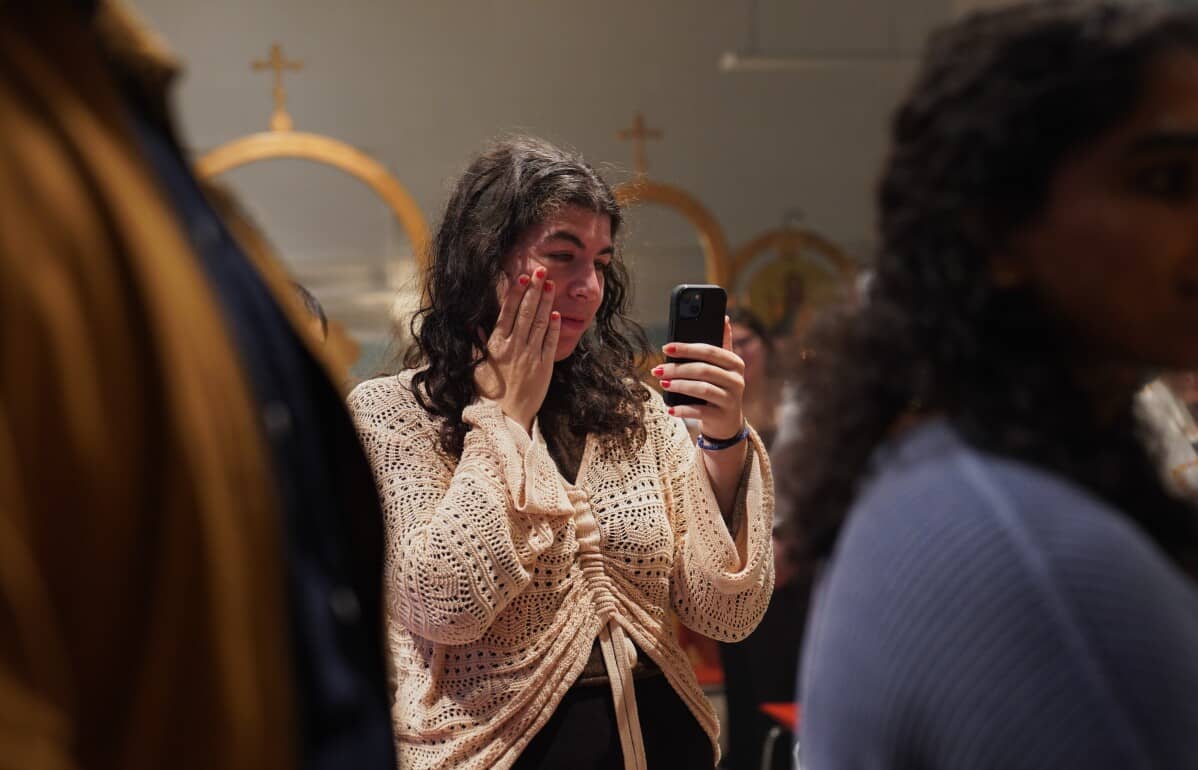YAOUNDÉ, Cameroon – Catholic leaders in Nigeria have joined in national calls for the government to do away with a controversial special unit of the national police force, as well as asking officials to do more to end the series of kidnappings of clergy plaguing the country.
The Special Anti-Robbery Squad, or SARS, has recently come under scrutiny, with many Nigerians accusing the department of becoming little more than criminals in uniform. Officials have been accused of extra-judicial killings, torture, and bribery.
“The incessant and unlawful detention of people and the brutality meted out to them by the police is hereby strongly condemned. We join our voices in advocating for the probe of SARS and its review or eventual ban,” said a communiqué issued after the 2017 Annual General Meeting of Justice Development and Peace Commissions/Caritas Nigeria. The organization represents the social justice arm of the Church.
The situation of the SARS units was only one of many issues the meeting tackled.
The statement complained about the sluggishness with which the Nigerian justice system functions, and called on the judiciary to redeem Nigerian democracy by offering speedy trials.
“The Nigerian judiciary is hereby encouraged to redeem the image of this democracy by ensuring the speedy dispensation of justice in accordance with the Administration of Criminal Justice Act,” the statement said.
According to the Nigerian Prison Service, 66 percent of inmates in Nigerian prisons are currently awaiting trial.
The statement also weighed in on the spate of kidnappings going on in Nigeria, particularly of religious leaders.
The Church leaders said they were saddened by the “re-emergence of kidnappings across the country,” noting that priests and religious sisters “are gradually turning into endangered species.”
“Unfortunately, even the poor among us are no longer safe. This has brought tension as no one is safe on our roads and at home. We therefore call on the government whose primary responsibility it is to secure lives and property to declare a state of emergency on this very critical security issue,” they said.
In particular, priests and religious have become a prized target for kidnappers, since they are considered to be easier to ransom.
On December 8, 2017, Father Cyril Effiong Essien was kidnapped in Cross River state in front of his church, according to Nigerian police. The priest was later released after a ransom was paid.
Earlier in the year, on Oct. 12, Italian missionary, Father Maurizio Pallù was kidnapped.
The priest was taken while he was driving on the outskirts of Benin with four other people, all Nigerians. Only three of them were taken, according to the priest. They were led to a nearby forest, and the group remained there, with little to no food.
He was freed several days later.
The 63-year old has since returned to Nigeria, claiming that his kidnapping was “the work of the devil,” and that the Blessed Virgin Mary had a hand in his release.
“I saw a special maternal intervention of the Virgin Mary, especially Our Lady of Fatima,” he told EWTN, “because the way that she undid the plans of the devil is very evident.”
On November 13, 2017, gunmen descended on the religious community in Nigeria’s Edo State, and took away the nuns.
Pope Francis on Dec. 17 prayed for the swift release of the women.
“From the heart, I unite myself to the appeal of the bishops of Nigeria for the liberation of the six Sisters of the Eucharistic Heart of Jesus, kidnapped roughly a month ago from the convent in Iguoriakhi,” the pontiff said, referring to the city in which the sisters resided.
“I pray with insistence for them, and for all the other people who find themselves in this painful situation,” the pope said. “May they, on the occasion of Christmas, finally return to their homes.”
The pontiff then led the crowd in praying the Hail Mary for the missing nuns, who have still not been released.
RELATED: Pope prays for kidnapped priests and nuns, storm victims in Philippines
Senator Shehu Sani, who represents central Kaduna in the National Assembly, has called on the government to stop the kidnapping.
“Communities in Kaduna, Zamfara, Niger and Plateau states are under siege. Kidnappers and bandits have taken full control,” he wrote on his Facebook page.
The senator said he had written to the president proposing stronger action against kidnapping, and suggested that a special fund drawn from the excess crude account be set up to assist the state and security forces to deal with the problem.
The Catholic Justice Development and Peace Commissions also brought up the situation of those in Nigeria who have been internally displaced by the various conflicts in the country.
Their statement drew attention to the sexual abuse internally displaced persons often face, and the “unholy practices” which take place in IDP camps.
“We call on government to ensure that this problem is handled properly,” the statement said.

















